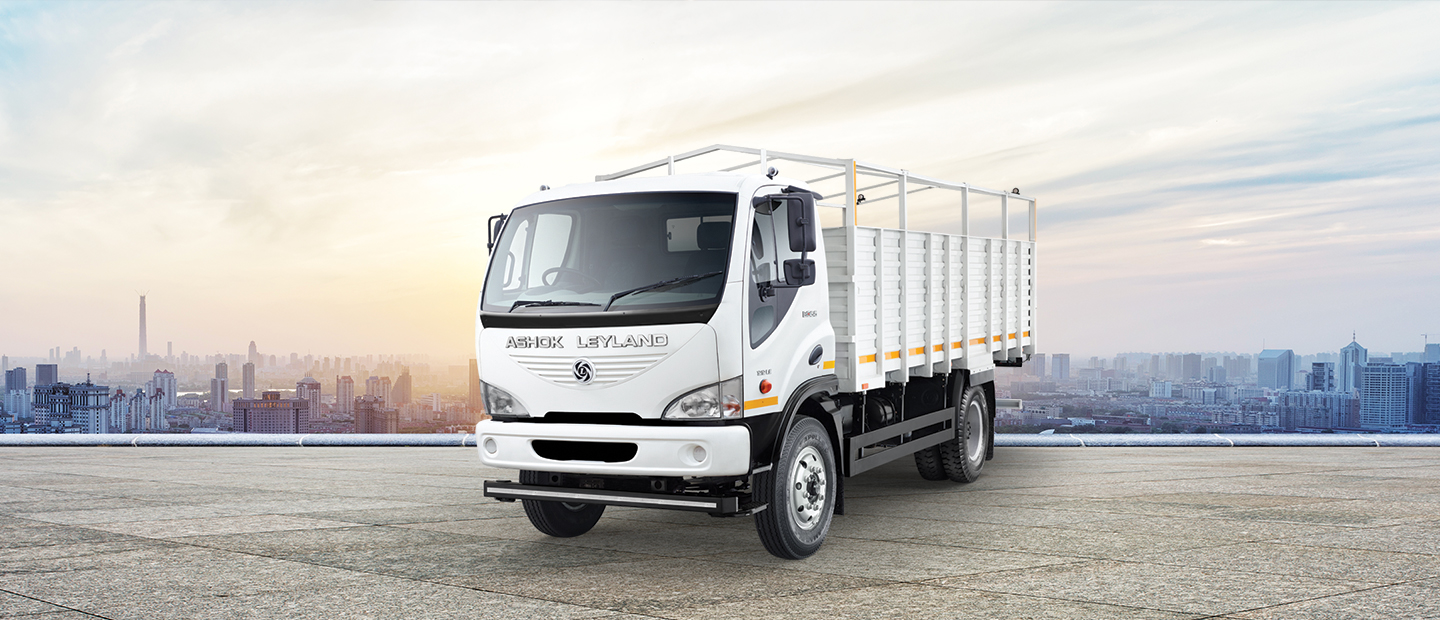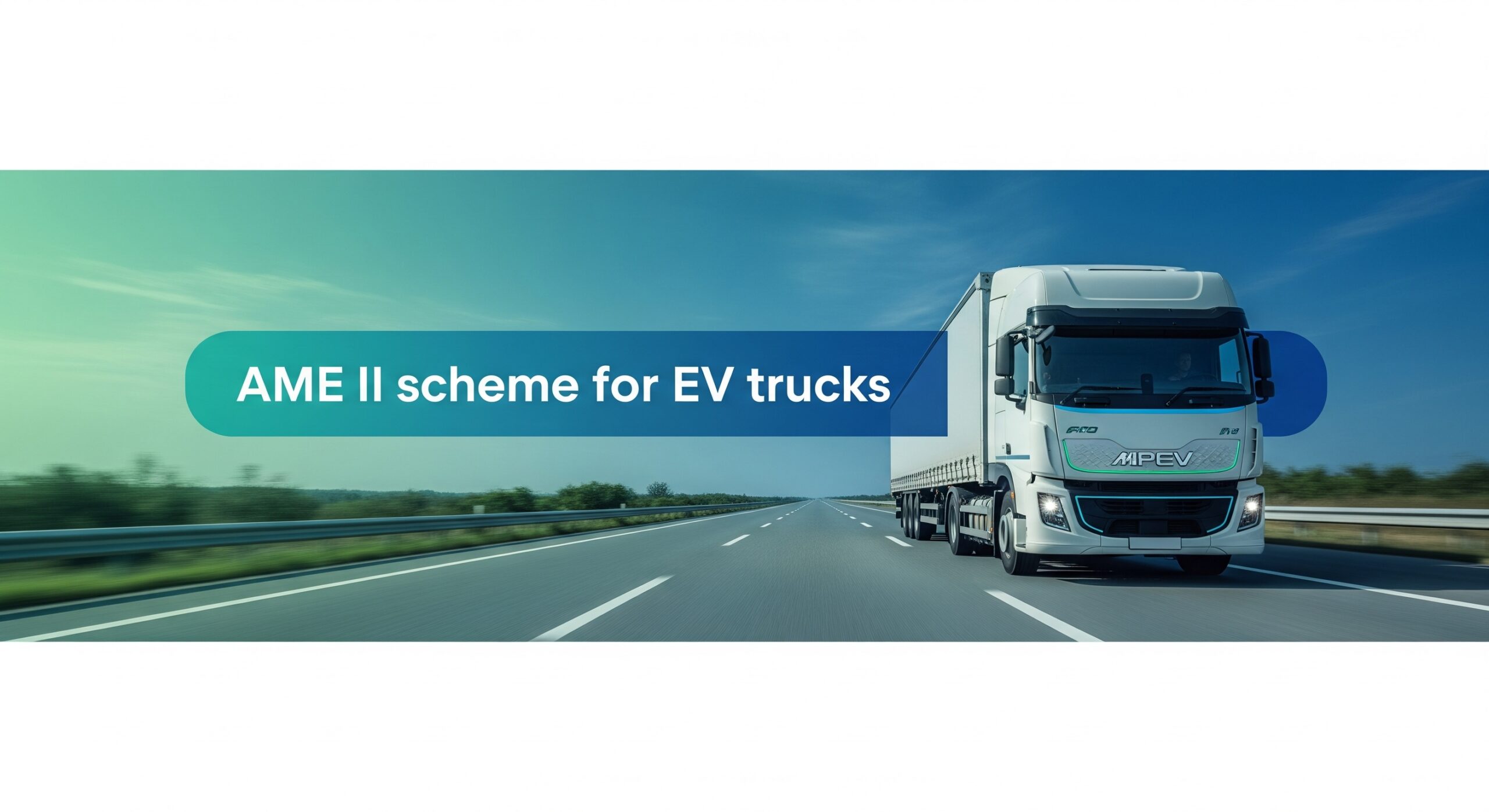India is accelerating towards electric mobility. With the surge in electric vehicles (EVs) on the roads, the demand for EV charging stations is booming. If you’re an entrepreneur, property owner, or MSME, now is the perfect time to start your own EV charging station business.
The Indian government, along with leading banks and fintech companies, offers loans, subsidies, and green financing schemes specifically for EV infrastructure. This guide will walk you through everything you need to know to get funding: loan options, interest rates, repayment terms, required documents, step-by-step application process, and FAQs.
⚡ Why Start an EV Charging Station Business?
- Rapid EV Adoption – Electric vehicle sales are growing exponentially, making charging infrastructure a crucial part of the ecosystem.
- Government Support – Schemes like FAME II, PM E-DRIVE, and state incentives reduce the financial burden.
- Low Competition in Smaller Cities – While metro areas are becoming saturated, Tier-2 and Tier-3 cities still have high demand.
- Recurring Revenue – Apart from charging fees, you can earn via subscriptions, partnerships with fleet operators, and value-added services.
🏦 Top 7 Banks & Financial Institutions Offering EV Charging Station Loans
Here’s a detailed list of the best banks and fintech lenders for financing your EV charging station:
1. State Bank of India (SBI) – EV Mitra Loan
Features:
- Loan Amount: ₹10 lakh to ₹5 crore
- Interest Rate: Competitive, depending on borrower profile
- Repayment Period: Up to 8 years (including a moratorium of up to 9 months)
- Eligibility: MSMEs, commercial property owners, hotels, fuel stations, fleet operators
- Key Benefit: Up to 25% of project cost (max ₹1 crore) can be used for amenities like cafeterias and restrooms
🔗 More info: SBI EV Mitra
2. Bank of India (BOI) – EV Charging Loan
Features:
- Loan Amount: Up to ₹30 crore for MSMEs
- Interest Rate: Starting at 9.35% p.a.
- Repayment Tenure: Up to 10 years
- Collateral-Free Loans: Available for eligible borrowers
- Eligibility: UDYAM-registered MSMEs, housing societies, businesses setting up EV chargers
- Key Benefit: Flexible financing for small and medium enterprises entering the EV sector
🔗 More info: BOI EV Loan
3. Lendingkart – Fintech Business Loan
Features:
- Loan Amount: Flexible, based on business requirements
- Interest Rate: Low rates with customized EMI options
- Approval Time: Fast processing, minimal paperwork
- Eligibility: MSMEs and startups
- Key Benefit: No collateral required, ideal for first-time entrepreneurs
🔗 More info: Lendingkart EV Loan
4. HDFC Bank – Green Infrastructure Financing
Features:
- Loan Type: Project-based green financing for sustainable projects
- Interest Rate: Competitive, based on borrower profile
- Collateral: Evaluated case-by-case
- Key Benefit: Supports eco-friendly infrastructure, including EV chargers
🔗 More info: HDFC Green Loan
5. ICICI Bank – Sustainable Project Financing
Features:
- Loan Type: Infrastructure financing for clean energy projects
- Interest Rate: Varies based on creditworthiness
- Repayment Tenure: Flexible, subject to project requirements
- Eligibility: Businesses with focus on green energy solutions
🔗 More info: ICICI EV Financing
6. SIDBI – EV Charging & Battery Swapping Finance
Features:
- Loan Coverage: EV chargers, battery swapping units, and related infrastructure
- Loan Amount: Based on project requirements
- Interest Rates: Competitive for MSMEs
- Repayment Tenure: Flexible with government support
- Key Benefit: Tailored for startups and small businesses entering the EV ecosystem
🔗 More info: SIDBI EV Lending
7. Punjab National Bank (PNB) – Renewable Energy & Green Loans
Features:
- Loan Type: Renewable energy financing, including EV charging stations
- Loan Amount: Based on project evaluation
- Interest Rate: Depends on creditworthiness
- Collateral: May vary depending on loan size
🔗 More info: PNB Green Loan
💰 Bank Loan EMI & Interest Rate Comparison Table
| Bank / Fintech | Loan Amount | Interest Rate | Tenure | EMI per ₹1 Lakh |
|---|---|---|---|---|
| SBI | ₹10 L – ₹5 Cr | 7.90% – 8.85% | Up to 8 yrs | ₹1,450 – ₹1,650 |
| BOI | Up to ₹30 Cr | 9.35% | Up to 10 yrs | ₹1,500 – ₹1,700 |
| Lendingkart | Flexible | Low, customized | 1–5 yrs | ₹1,500 – ₹1,600 |
| HDFC Bank | Case-by-case | Competitive | Flexible | ₹1,450 – ₹1,650 |
| ICICI Bank | Based on project | Varies | Flexible | ₹1,450 – ₹1,650 |
| SIDBI | Project-based | Competitive | Flexible | ₹1,450 – ₹1,650 |
| PNB | Evaluated case | Based on profile | Flexible | ₹1,450 – ₹1,650 |
EMI is indicative and may vary depending on exact interest rate, tenure, and loan amount.
📄 Documents Required to Apply
To ensure a smooth application process, keep the following ready:
- Business Registration Documents: Certificate of Incorporation, Partnership Deed, or GST registration
- KYC Documents: PAN, Aadhaar, or voter ID of promoters
- Project Report: Location, cost estimate, expected revenue, and operational plan
- Land Documents: Lease agreement or property ownership proof
- Financial Statements: Balance sheets, P&L statements, and tax returns for last 2–3 years
- POA (Power of Attorney): Optional, if someone else is submitting or managing the loan process
🏗 Step-by-Step Guide to Take a Government or Bank Loan
- Check Eligibility: Verify your business or property qualifies under the chosen scheme.
- Prepare Documentation: Assemble all KYC, project reports, financials, and POA if needed.
- Apply Online or Offline: Submit application via bank website or branch.
- Bank Evaluation & Inspection: Bank reviews credit, may visit your proposed site.
- Loan Approval & Disbursement: Funds released in phases for equipment, installation, and operations.
Tip: Having a strong business plan increases approval chances and can secure lower interest rates.
❓ FAQs
1. Which banks offer low-interest loans for EV charging stations?
SBI, BOI, HDFC, ICICI, PNB, SIDBI, and fintech lenders like Lendingkart.
2. What is the typical loan amount available?
From ₹10 lakh to ₹30 crore, depending on the bank and project scale.
3. What are the interest rates?
Ranges between 7.5% – 10% per annum, depending on bank and credit profile.
4. Who can apply?
MSMEs, startups, property owners, fleet operators, hotels, fuel stations, and registered businesses.
5. Are collateral-free loans available?
Yes, for eligible MSMEs under schemes like BOI EV loan or Lendingkart.
6. How can I apply?
Through the bank’s website, branch, or via a fintech platform with minimal paperwork.
7. Can I avail government subsidies and bank loans together?
Yes. Subsidies reduce your upfront cost, while loans cover infrastructure and operational expenses.
✅ Conclusion
Starting an EV charging station in India is now easier than ever thanks to government schemes, green financing initiatives, and bank loans. By comparing banks, checking eligibility, preparing the right documents, and following a structured application process, entrepreneurs can enter the EV ecosystem profitably.
Take action now, and be part of India’s green mobility future.
🔗 Apply and explore more: e-AMRIT Portal
If you want, I can also create a visual-rich blog version for your website with infographics, flowcharts, and clickable comparison tables, which will make readers stay longer and increase engagement significantly.
Do you want me to do that next?







